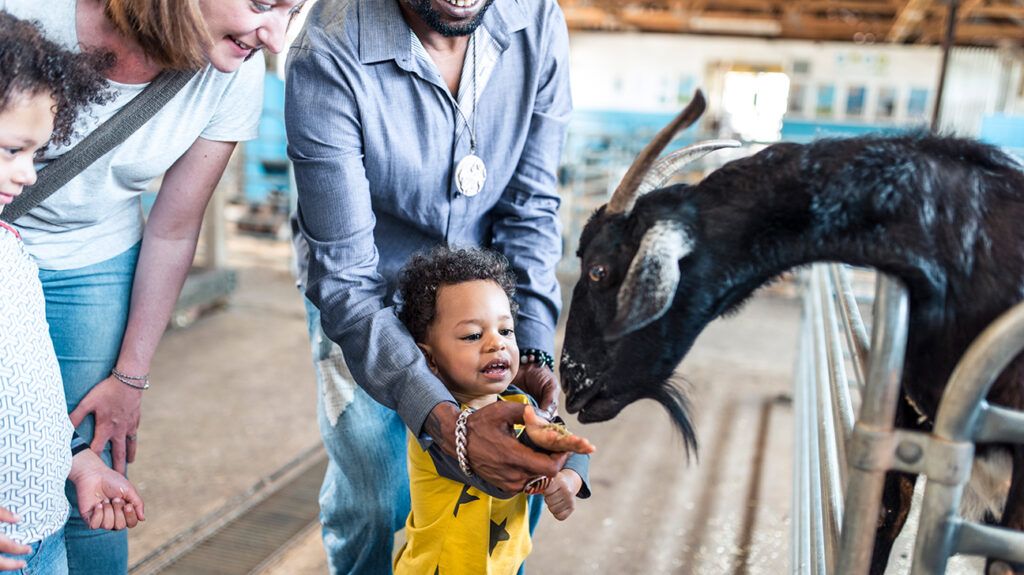Assimilation is the process of building new information or experiences onto existing thoughts and beliefs. It improves learning capacity, fosters creativity, and increases resilience.

Whether it’s a fresh idea you came across in a group chat or a new skill you’re learning in therapy, when you’re open to it, you can begin to see things in a new light.
In psychology, assimilation refers to the process of incorporating new information, experiences, or ideas into your existing cognitive structure or belief system.
It’s a flexible way of thinking that helps you adjust to new situations and challenges, and build a more positive mindset.
Jean Piaget theorized that assimilation is a cognitive process that helps us build on our existing knowledge and experiences. It’s different from accommodation, which involves changing our existing cognitive structures to accommodate new information.
Carlos Escobar, clinical director for Real Recovery Solutions, explained that assimilation is a natural part of learning and growth.
“Instead of rejecting new concepts, we find ways to integrate them with what we already know,” he said. “This helps us maintain a sense of continuity and coherence in our understanding of the world.”
When you learn something new that doesn’t exactly fit with what you already know, you tweak your understanding a bit to make it all fit together better, said Dr. Michael Kane, chief medical officer at Indiana Center for Recovery.
“For instance, if you’ve always thought that a certain food is bad for you but then come across research saying otherwise, you might start to see that food in a different light,” Kane explained. “This process helps us grow and adjust to our ever-changing surroundings and experiences.”
Assimilation has a wide range of benefits when it comes to our mental health.
- Improved learning capacity: When you take in new information and adjust your understanding, your mind opens up to different perspectives.
- Conversational depth: Assimilation allows you to incorporate diverse perspectives into discussions, making for more engaging and insightful conversations.
- Creativity: When you assimilate diverse ideas, you can combine them in innovative ways to generate new solutions or concepts.
- Adaptability: Every time you assimilate something new, you expand your mental framework, making you more adaptable.
- Resilience: When you can assimilate difficult experiences, like loss or trauma, into your existing worldview, you are better equipped to recover emotionally.
Assimilation plays a key role in shaping mental health because it helps you adjust to new situations and challenges.
“When we encounter new ideas or experiences, we might have to change the way we think about ourselves and the world around us,” said Kane. “This is important because being flexible in our thinking can make it easier to cope with stress or anxiety.”
For example, if someone has a negative view of themselves but learns new, positive things about their abilities, they might start to feel better about their self-worth.
By constantly adapting and re-evaluating their beliefs, they can build resilience and create a more positive mindset, which is super helpful for overall mental health.
Escobar said that while assimilation can be helpful, depending on how rigid someone’s cognitive framework is, it can also be harmful.
“If someone is highly inflexible, they may struggle with incorporating new ideas, which can contribute to mental health challenges such as depression or anxiety,” he explained. “Conversely, I think those who are more flexible in their thinking may find it easier to adapt and manage stressors.”
Assimilation allows you to use existing schemas, or mental representations, to achieve a new purpose. It can support your personal growth in the following ways:
Connecting with others
Take the classroom, for example. When a teacher introduces a fresh concept that challenges your previous knowledge, and you adapt to it, you’re likely to ask better questions and engage more meaningfully with your classmates.
“This flow of exchanging ideas not only enriches your learning experience but also enhances your ability to connect with others over shared topics,” said Kane.
Developing cognitive skills
Assimilation acts as a building block to help a child learn new skills. For example, they could use their schema for riding a tricycle, such as pedaling to go forward, to learn how to ride a bicycle.
A child could also use the schema for adding multiple numbers to aid in multiplication.
Changing habits or behavior
Back to Kane’s food example… Imagine you’ve been eating fast food for years, thinking it’s the best option for you. Then, after learning more about healthy eating, you start swapping out burgers for salads.
You’re not completely overhauling your life overnight; instead, you’re gradually changing your habits based on new information you’ve picked up.
Adapting to new environments
Assimilation can also occur when you’re adjusting to different surroundings.
“For instance,” shared Escobar, “someone who has lived in multiple countries may assimilate cultural differences into their understanding of social norms.”
Escobar added that this allows you to engage in more meaningful conversations about culture, politics, or identity.
Coping with stressors
In therapy, this might look like assimilating new coping strategies into your existing methods for dealing with stress.
For example, it can take time to completely change your behavior. If you typically use avoidance to cope with anxiety, you might try to incorporate breathing exercises into your existing avoidance habits.
Assimilation in psychology is a cognitive process that allows you to incorporate new information, ideas, or experiences into your existing knowledge or belief system.
It can be both helpful and harmful, depending on how flexible your thinking is.
There are several ways assimilation can impact mental health. Benefits include greater learning capacity, more enriching conversations and relationships, and increased adaptability and resilience.
